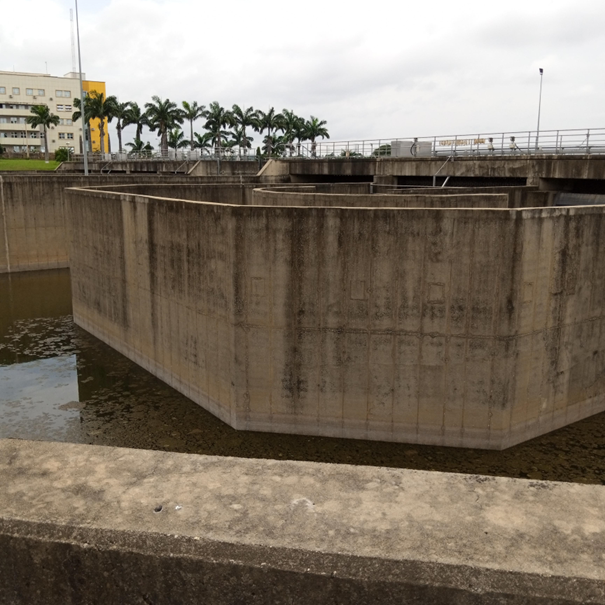New paper published in prestigious Science of the Total Environment journal by Charles Ogbu from BRT.
The findings reveal that the North Central region has the highest potential for wastewater generation and collection, with the South East exhibiting the highest sewer collection rate. The study also highlights that Anaerobic Digestion (AD) is the most technically viable option, while Incineration outperforms AD in various financial viability indicators, emphasizing the importance of technology choice based on project fiscal goals and priorities .
This pioneering study is at the intersection of waste management challenges and sustainable energy solutions, addressing pressing environmental and economic concerns in Nigeria.
In a nation where waste management has presented persistent challenges and energy crises have hindered economic growth, this study emerges as a beacon of innovative problem solving. The objective was clear: to estimate the electricity potential of sewage sludge as a means to meet the ambitious 2030 Renewable Energy target. Recognizing the absence of comprehensive data on wastewater management in Nigeria, the study meticulously evaluated household wastewater and sludge.
The evaluation was supported by critical parameters such as population, access to water, and coverage of the sewer networks. This data-driven approach allowed for a holistic assessment of the technical and economic feasibility of electricity generation. This pursuit holds promise for addressing energy deficits and contributing to environmental sustainability.
Two distinct scenarios were examined: Anaerobic Digestion (AD) and Incineration (INC). These scenarios encompassed a comprehensive analysis of the core variables, resulting in compelling insights that are invaluable for shaping future energy strategies. The study revealed that the North Central region boasts the highest potential for wastewater generation and collection over 20 years. However, the South East region exhibited the highest average sewer collection rate, indicating disparities and nuances within different areas.
The study's findings also showcased the technical prowess of Anaerobic Digestion technology, offering a pathway to potentially generate 6.8 GWh/year of electricity in the North Central region. However, the Incineration scenario outperformed AD in various financial viability indicators, including Life Cycle Cost (LCC), Net Present Value (NPV), Pay Back Period (PBP), Internal Rate of Return (IRR), and Levelized Cost of Energy (LCOE). These multifaceted metrics provide an intricate understanding of the economic implications associated with these technologies, thus aiding stakeholders in informed decision making.
The significance of the research extends beyond academia, with direct implications for policy and investment decisions. Sensitivity analyses underscore the critical impact of economic factors on the Net Present Value and Incineration scenario, a consideration of utmost importance for investors and policymakers alike.
Ultimately, this article reiterates that waste-to-energy initiatives can serve as sustainable solutions to multifaceted challenges. The comprehensive approach to the evaluation of wastewater systems and their energy potential contributes to the energy goals of Nigeria and underscores the intricate relationship between environmental stewardship and economic prosperity.
Congratulations to Charles Ogbu, PhD student at the Biogas Research Team, who is a first author on this output!
Citation:
Ogbu, C. A., Ivanova, T. A., Ewemoje, T. A., Okolie, C. O., & Roubik, H. (2023). Techno-economic analysis of electricity generation from household sewage sludge in different regions of Nigeria. Science of The Total Environment, 166554. https://doi.org/10.1016/j.scitotenv.2023.166554


